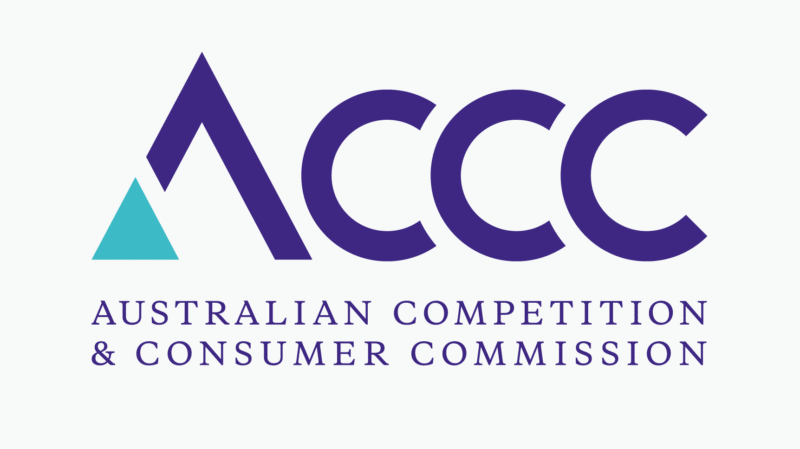How the advertising industry can stand up to greenwashing now
It’s time for adland to take responsibility, says Alchemy One’s strategy director Nicola Watkins, as she touches on three common themes to the solutions needed in the industry.
With 80% of Australians concerned about climate change, are companies really walking the walk on sustainability? The rise of greenwashing and the increasing scrutiny of advertising bodies suggest otherwise. Despite the recent reports from the United Nations’ Intergovernmental Panel on Climate Change, many brands continue to engage in greenwashing, misleading consumers and hindering progress towards a sustainable future.
The ACCC’s findings and crack-down on greenwashing has been spurred on by an internet sweep of 247 businesses, where 57% were identified as having made “concerning claims” about their environmental credentials. This unveiled eight key concerns including:
- Vague and unqualified claims
- A lack of substantiating information
- Use of absolute claims
- Use of comparisons
- Exaggerating benefits or omitting relevant information
- The use of aspirational claims, with little information on how these goals will be achieved
- Use of third-party certifications
- Use of images which appear to be trustmarks.


